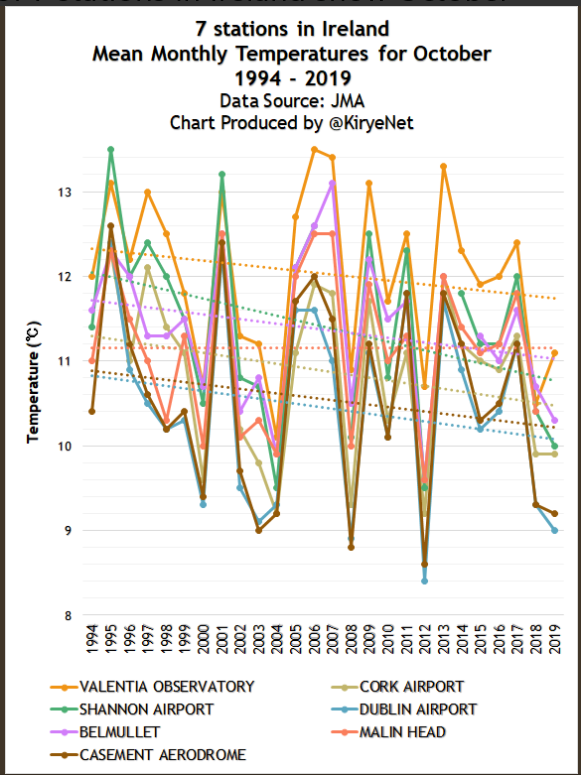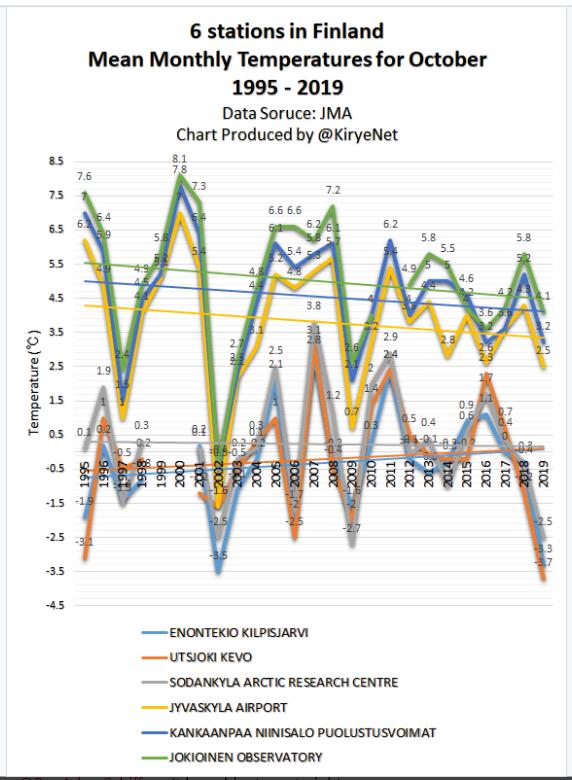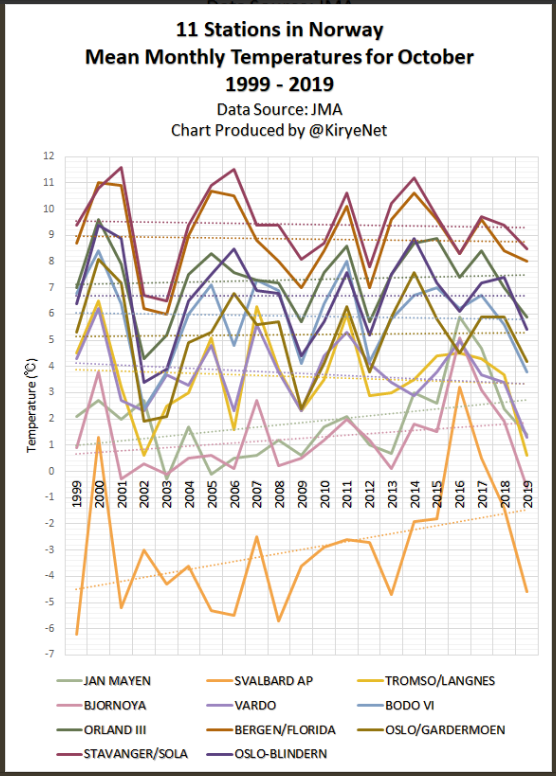- Joined
- Jan 25, 2012
- Messages
- 50,150
- Reaction score
- 15,451
- Location
- Texas
- Gender
- Male
- Political Leaning
- Conservative
You may assume anything you like, but we have words in a language for a reason!You are not seriously suggesting what I think you are suggesting... are you?
:lamo
The erroneous expected warming used in the some of the models was .21 °C/decade.
This error, stated as having been a continuation of the 1978 to 1998 warming.
Climate change: The case of the missing heat : Nature News & Comment
A recorded heat island effect of 0.8°C/decade is enormous, and unlikely to have been accounted for in the homogenization formulas.Stark contrast
On a chart of global atmospheric temperatures, the hiatus stands in stark contrast to the rapid warming of the two decades that preceded it.
Simulations conducted in advance of the 2013–14 assessment from the Intergovernmental Panel on Climate Change (IPCC) suggest that the
warming should have continued at an average rate of 0.21 °C per decade from 1998 to 2012. Instead, the observed warming during that period was just 0.04 °C
per decade, as measured by the UK Met Office in Exeter and the Climatic Research Unit at the University of East Anglia in Norwich, UK.
If you think they knew that the urban heat island effect was so large and accounted for it, then you can cite some supporting publication.





